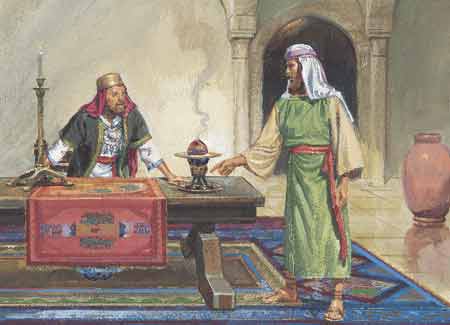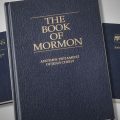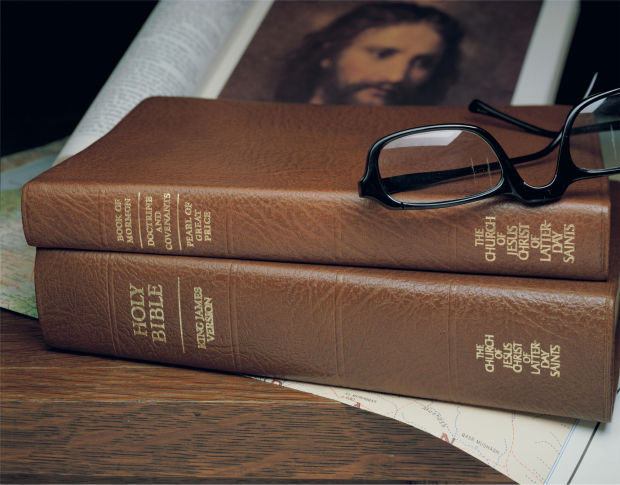Question
Hi Gramps
Happy New Year! I just have a question regarding what I was reading today. It says here that the brass plates that Nephi took from Laban included records regarding the “commencement of the reign of a Zedekiah; and also many prophecies which have been spoken by the mouth of b Jeremiah.” And Lehi lived at the same time period as Jeremiah and Zedekiah right? So if that is the case, then who was updating the records? Was Laban updating the scriptures?
Charles
Answer
Dear Charles,
The “Plates, Brass” entry in the Index to the Triple Combination contains a listing of what we know about the brass plates. But none of that gives us any details about who would have maintained the contents of the brass plates. Therefore, the best we can do is speculate.
First, we know that Laban was a powerful and presumably wealthy man—he had servants, commanded soldiers, and showed no fear of legal consequences when he ordered the murder of Lehi’s sons. Next, we know that Nephi and subsequent prophets knew how to engrave their records onto metal plates (see 1 Nephi 9:3 and various “Plates” entries in the Index to the Triple Combination). We also know that from the time of Adam, the Lord has commanded his people to keep records (see Moses 6:5 for example).
While it’s entirely speculation, it seems reasonable to believe that knowledge of how to make and engrave plates would have been had in any sufficiently well-off household contemporary with Lehi’s. Further, it seems safe to assume there was someone in Laban’s household—a family member or servant—with the responsibility to keep their copy of the records up to date. The inclusion of Jeremiah’s prophecies is understandable. By the time Lehi and his family left Jerusalem, Jeremiah had been prophesying for over twenty years—since the reign of Josiah. He wasn’t an obscure, itinerant preacher; he was the scion of a prominent, respectable, and undeniably pious family. (Jeremiah’s father, the priest Hilkiah (see Jeremiah 1:1), had found the scroll that triggered Josiah’s religious reformations (see 2 Kgs. 22:8–9 and 2 Chr. 34:15–16).) Jeremiah’s sayings would have been noteworthy whether or not the plates’ custodian believed them to be true.
In addition to this speculation, Robert L. Millet wrote some interesting scholarly commentary on the brass plates in the January 1988 Ensign, which you might find of interest. While it doesn’t specifically address the question of who added the most recent prophecies to these plates, it does tell us other interesting things about record-keeping at that time and the probable history of such records. It also helps us to understand just how important the brass plates were—not only for the Nephites, but for us.
Finally, just because I like mazes, here’s a link to a maze about getting the brass plates.
None of this can answer your question with certainty, but I hope it’s enough for now, and that it gives you a new appreciation for how important it was for Nephi to obtain these plates.
Gramps
p.s. Just for fun. Here is another article I wrote on the subject: Our Most Ancient Scripture







